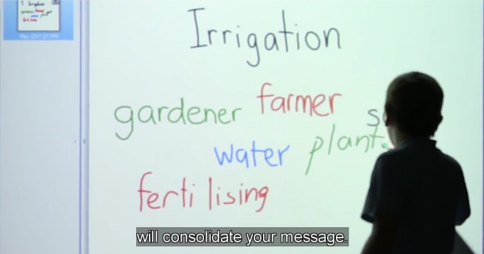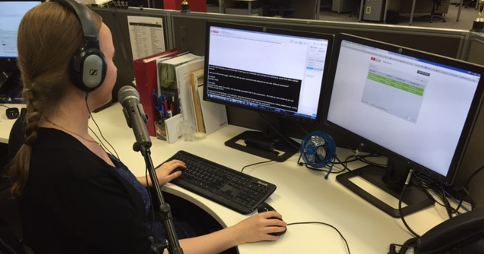Open captions
Captioning helps ASD students
Captions aid literacy in the classroom
Access All Areas Film Festival announces 2013 feature program
The annual film festival is divided into three sections: the cinema tour, schools tour and community tour. Program details for the schools and community tours will be announced shortly but will include ten short, family friendly films.
Top of page
New access system hits Spanish cinemas
Using the Acce-Play system, captions can either be open or closed, depending on the cinema’s preference. The open captions can be projected onto a 50 centimetre wide, 5 metre long screen under the main cinema screen. Closed captions can be shown either on a small personal screen attached to the viewer’s seat or shown on a set of interactive glasses.
Audio description, an extra audio track for blind and vision impaired viewers, is sent to wireless headphones as usual.
Top of page
Open captions for movies – the real story
The move to digital cinema is a major change to the industry across the world. The delivery methods for movies are changing frequently and cinemas and film distributors are still coming to terms with accessing movie files in different formats. This all means that it is a very fluid situation and this is having a direct impact on access issues including the options available to show captions in an open format.
Top of page




